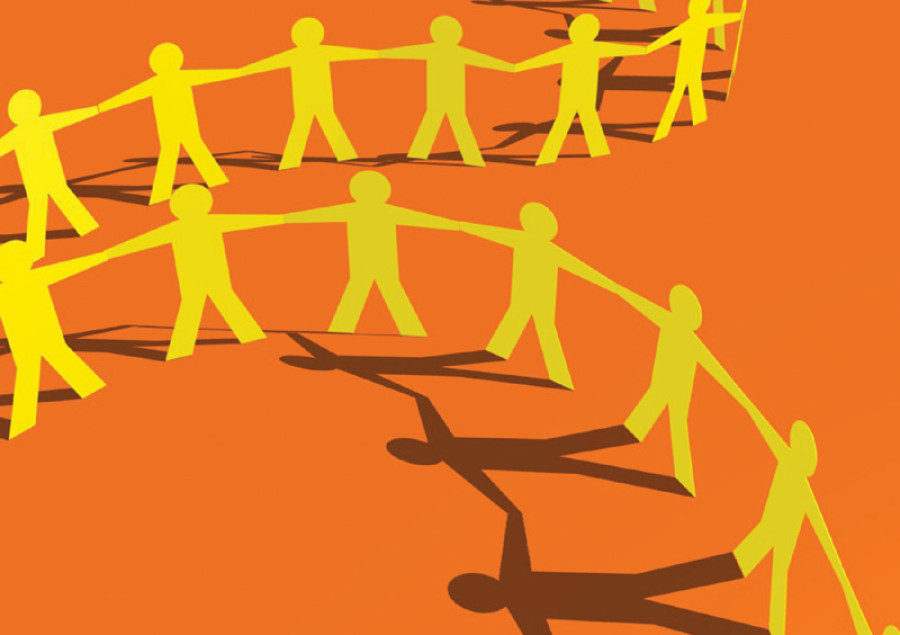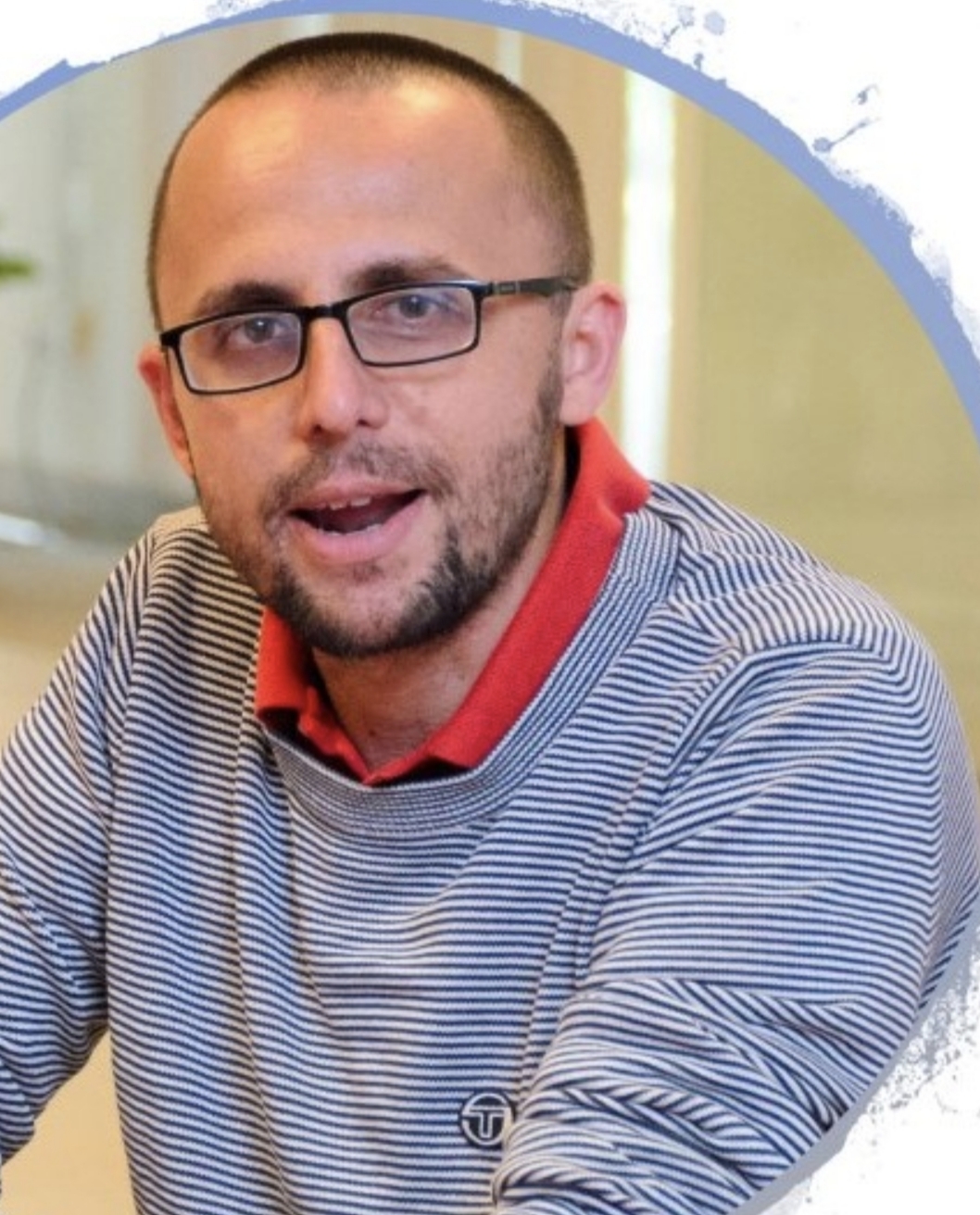Opinion
Let’s take it seriously
The World Volunteering Conference held in Mexico City on November 9 and 10 offered a new opportunity to revamp a global conversation about the role of volunteerism in creating fairer, more cohesive and, most importantly, inclusive communities around the world.
Simone Galimberti
The World Volunteering Conference held in Mexico City on November 9 and 10 offered a new opportunity to revamp a global conversation about the role of volunteerism in creating fairer, more cohesive and, most importantly, inclusive communities around the world.
Interestingly, the conference, organised by the International Association of Volunteering Effort (IAVE), a global network of actors promoting volunteerism, was not organised in the United States, the United Kingdom, Australia or other developed countries with a strong “service” tradition. Instead, the chosen venue was Mexico City, indicating a shift towards new emerging nations that have now realised the benefits of harnessing the power of volunteerism for the betterment of their citizens.
It is refreshing that volunteerism is finally being “de-westernised”, breaking the misconception that it is a luxurious “activity” available only to the citizens of wealthy nations. Indeed countries like Nepal, though in a transitional phase in their modern history, have an incredible stock of expertise in civic actions with local roots.
No silver bullet
Just imagine the unlimited power of local communities in the country, engaged in multiple forms—from spontaneous initiatives run by single individuals to self-help groups active in the wards of the Capital as well as in the rural corners of the nation along with more formal organisations like Lions, Rotary and Roundtable.
Yet as a nation, could Nepal do more to leverage and strengthen the innate potential of its citizens, acting in unison through a cascade of community actions to better their own communities without depending only on state interventions?
While we often forget that the intrinsic magic of volunteerism is that literally everyone—every single citizen—can embrace it, irrespective of their background or economic status, what is actually neglected or not understood well about it is its effectiveness and the potential of its impact.
VSO, the global charity harnessing the skills of international volunteers, in partnership with the Institute of Developing Studies, offers one of the most comprehensive studies on what volunteerism can achieve to eradicate poverty and inequalities. The research titled “the Role of Volunteerism in Sustainable Development” published in 2015, offers the most compelling case on why governments, especially those representing emerging nations like Nepal, should invest in volunteerism. Highly participatory in its methodology that allowed a true understanding of complex realities at the grassroots level in countries like Kenya, Mozambique, Nepal and the Philippines, the study explains how volunteerism can help achieve the Sustainable Development Goals that are driving the new global development agenda.
Though written from the perspective of international volunteers, the researchers made great efforts to provide a holistic picture of the different forms of community engagement that are at interplay locally. Trying to answer the questions of how and why volunteering affects poverty, the study does not depict volunteerism as a silver bullet to solve all the social and economical issues. Rather it affirms volunteerism’s crucial role not only as a compliment but often a means to fill the gaps in national public delivery systems in key areas of human development like education and health.
Contribution to development
Volunteerism is also a powerful tool to enhance social cohesion by generating a conducive environment for active citizenship, even though for a community engagement to remain strong in the long term, it is indispensable to ensure that any volunteering effort is truly meaningful and impactful.
Volunteering experiences, if well designed, inclusive and owned by the people, can generate a ripple effect in terms of positive changes that can take place on the ground. The catalytic impact of volunteerism in the ways services are managed at local levels, often leading to an improvement of the entire system, is also emphasised in the State of the World’s Volunteerism Report 2015. The report further makes the case of how societies can become more democratic and more accountable as result of volunteering actions.
The IAVE Global conference in Mexico City with the goal of “creating the moment and stimulating the dialogue” offered a unique opportunity to thousands of activists, academicians and practitioners to discuss the role of volunteerism in the global agenda.
A few weeks ago, we saw another important event, the third United Nations Conference on Housing and Sustainable Urban Development highlighting how volunteerism can have a positive effect on making our urban spaces more inclusive and equal for all.
However, talking about volunteerism at big gatherings or reading reports about its impact is not enough.
We always hear news about wars and humanitarian disasters, but never do TV commentators highlight a powerful element, though not the only one, to solve most of the problems that humanity is facing.
Nepal should be proud of boosting such a level of social capital across the communities and throughout the country. But it is high time the government took volunteerism seriously. It must invest in and create a civic infrastructure that, reflecting the diversity of the country’s social fabric, can empower communities, groups and individuals alike to contribute their best to their country’s national development.
Galimberti is the co-founder of ENGAGE and editor of Sharing4Good




 14.24°C Kathmandu
14.24°C Kathmandu











